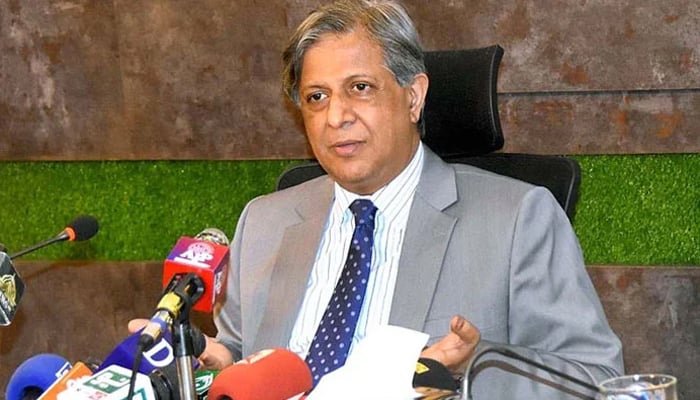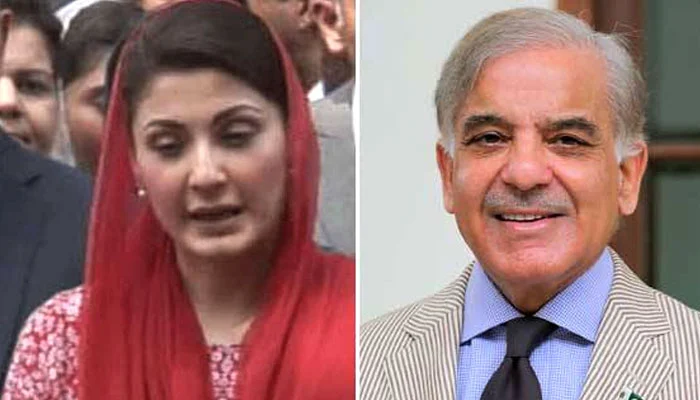Senator Azam Nazeer Tarar, a leader of the Pakistan Muslim League-Nawaz (PML-N), has expressed the view that elections should not be held before February 11. Speaking to the media in Islamabad, he emphasized that while the power to announce the election date rests with the Election Commission, the Supreme Court’s directive to consult with the President adds an additional layer of complexity.
The Senator highlighted the uncertainty regarding the extent to which the Election Commission is bound by the consultation process with the President and stated that the law should clarify this matter. He noted that the delimitation process for constituencies would be completed by the first week of December, assuring that all phases of constituency demarcation would be finalized by then.
Azam Nazeer Tarar asserted that the PML-N is fully prepared for the upcoming elections. He mentioned that the party has also formed parliamentary boards to select suitable candidates. This statement indicates that the PML-N is gearing up for the electoral process, even though the exact election date remains uncertain.
The question of when to hold the general elections in Pakistan has been a subject of significant debate and speculation. The initial proposal by the Election Commission to conduct elections on February 11 was met with reservations and opposing viewpoints.
The decision to consult with the President regarding the election date was based on a Supreme Court directive, further complicating the situation. While the Election Commission has the authority to set election dates, the consultation process, as mentioned by Senator Tarar, raises questions about the extent to which it can independently make this decision.
The push to hold elections beyond February 11 is likely driven by multiple factors. One of the primary concerns could be related to the ongoing delimitation process. Delimitation involves redrawing constituency boundaries based on population changes, ensuring that constituencies have a more balanced representation. The completion of this process is crucial for ensuring the fairness and accuracy of the upcoming elections.
Additionally, there may be concerns about the readiness of political parties and electoral preparations. Political parties need sufficient time to finalize their candidate selections, organize campaigns, and address any outstanding legal or procedural matters.
Senator Azam Nazeer Tarar’s statements also touch upon the separation of powers and constitutional principles. His reference to the Supreme Court’s assertion that lawmaking is the prerogative of the parliament underscores the importance of adhering to constitutional principles.
The complex interplay between Pakistan’s democratic institutions, especially when it comes to the timing of elections, highlights the delicate balance required to maintain democratic norms and uphold the rule of law.
The debate surrounding the timing of Pakistan’s general elections underscores the intricate relationship between the Election Commission, the Supreme Court, and the role of the President in the electoral process. Senator Azam Nazeer Tarar’s call for postponing the elections beyond February 11 adds to the ongoing discussion, emphasizing the need for clarity and adherence to constitutional principles. The final decision on the election date will be a crucial step in ensuring a transparent and democratic electoral process in Pakistan.



